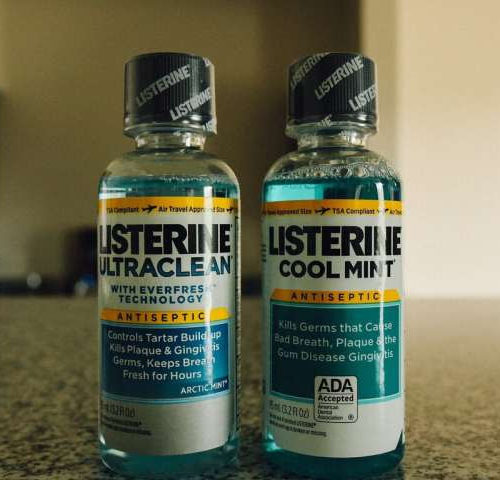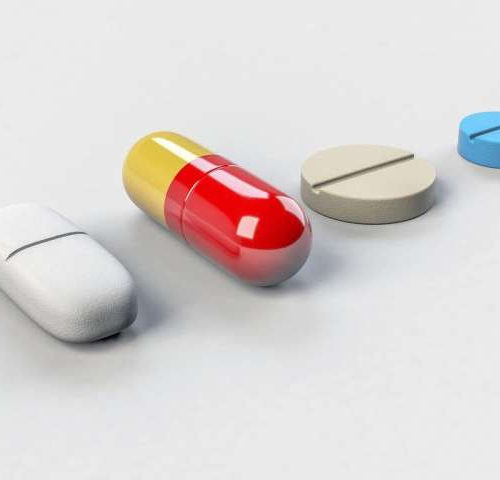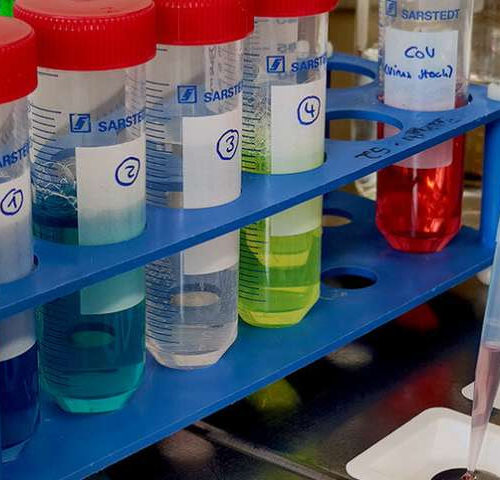by Pennsylvania State University Certain oral antiseptics and mouthwashes may have the ability to inactivate human coronaviruses, according to a Penn State College of Medicine research study. The results indicate that some of these products might be useful for reducing the viral load, or amount of virus, in the mouth after infection and may help to...
Tag: <span>inactivate</span>
Some ‘inert’ drug ingredients may be biologically active
by University of California, San Francisco Some supposedly inert ingredients in common drugs—such as dyes and preservatives—may potentially be biologically active and could lead to unanticipated side effects, according to a preliminary new study by researchers from the UC San Francisco School of Pharmacy and the Novartis Institutes for BioMedical Research (NIBR). Most medications include...
How long coronaviruses persist on surfaces and how to inactivate them
by Ruhr-Universitaet-Bochum In order to test which surface disinfection works how well against corona viruses, the viruses are dried on steel plates and then treated. Credit: Toni Luise Meister und Stephanie Pfänder A review article summarizes everything that researchers know about the lifetime of corona viruses on surfaces and the effect of disinfectants. How long...



